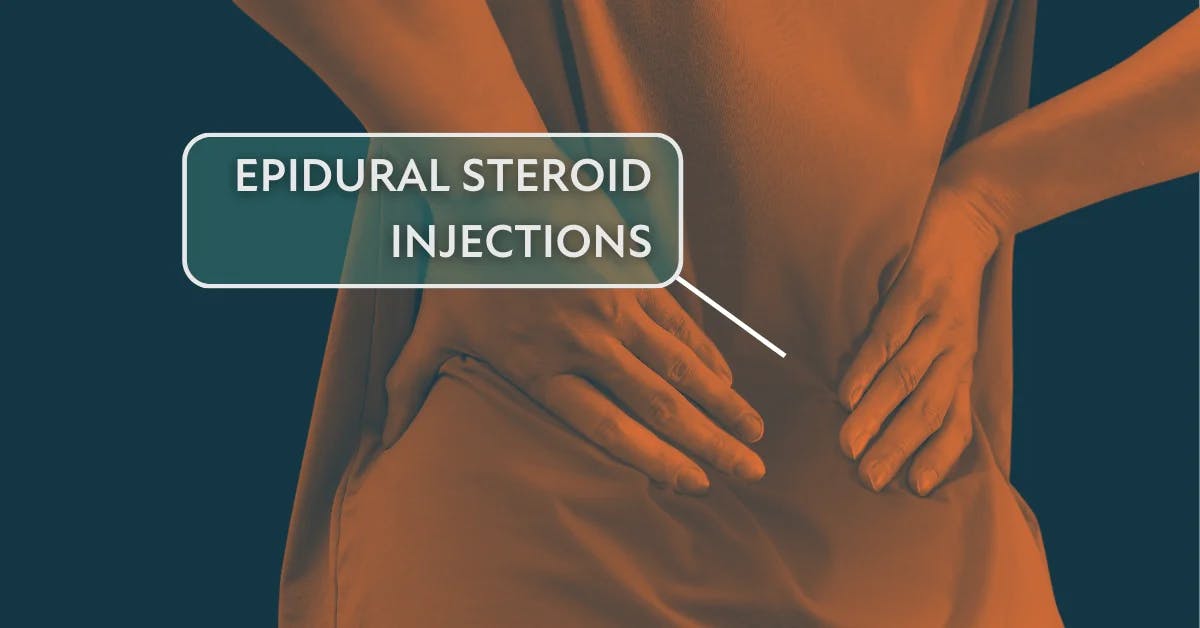Heart disease remains one of the leading causes of illness and death in the United States. For many people, a diagnosis raises an urgent and understandable question: Is there anything I can do to improve my heart health now?
While heart disease is often a long-term condition, many aspects of it can be improved, slowed, or better controlled. The right combination of medical care, lifestyle changes, and ongoing monitoring can reduce risk, prevent complications, and improve quality of life. The approach depends on the type and stage of heart disease, as well as individualized care decisions made with your healthcare team.
If you’re focused on preventing heart disease before it starts, explore our guide to everyday heart health and prevention.
What Does “Improving” Heart Disease Mean?
When people talk about reversing heart disease, they are often referring to improving underlying risk factors rather than completely undoing existing damage. While changes such as scar tissue or significant artery narrowing are usually not reversible, treatment can often:
- Slow or stop disease progression
- Improve blood flow and heart function
- Lower the risk of heart attack or stroke
- Reduce symptoms and improve daily functioning
In some cases, modest improvements in artery plaque or inflammation have been observed when lifestyle changes are combined with appropriate medical therapy. More commonly, the goal is stability and risk reduction, not elimination of disease.
Areas of Heart Health That May Improve with Treatment
Cholesterol Levels
Managing cholesterol is a key part of heart disease care. Lowering LDL (“bad”) cholesterol can help slow plaque buildup and reduce cardiovascular risk. Many patients see improvement through a combination of prescribed medications and dietary changes—especially reducing saturated and trans fats.
Blood Pressure
High blood pressure places added strain on the heart and blood vessels. With consistent treatment, blood pressure can often be brought into a healthier range through lifestyle adjustments, regular physical activity, sodium reduction, and medication when prescribed.
Inflammation
Chronic inflammation contributes to cardiovascular disease. A heart-supportive eating pattern—rich in vegetables, fruits, whole grains, and healthy fats—may help reduce inflammation and support vascular health over time.
Weight and Blood Sugar
Excess weight and uncontrolled blood sugar can worsen heart disease and increase the risk. Gradual weight loss and improved glucose control can reduce strain on the heart, improve energy levels, and lower long-term cardiovascular risk.
Can Plaque in the Arteries Be Reduced?
In select cases, small reductions in plaque thickness have been observed in patients who follow intensive lifestyle changes alongside medical therapy. Programs emphasizing nutrition, regular physical activity, smoking cessation, and stress management may improve blood flow and reduce symptoms.
However, completely clearing blocked arteries is uncommon. Most treatment plans focus on preventing further plaque progression, stabilizing existing disease, and reducing the risk of heart attack or stroke.
Lifestyle Changes That Support Heart Disease Management
Lifestyle changes remain an important part of managing heart disease after diagnosis.
Improve Diet
A heart-supportive diet emphasizes vegetables, fruits, lean proteins, whole grains, and healthy fats. Limiting added sugars, excess sodium, and highly processed foods can help support cholesterol and blood pressure control.
Stay Physically Active
Regular activity strengthens the heart muscle and improves circulation. Many patients are encouraged to aim for about 150 minutes of moderate activity per week, though recommendations should always be individualized.
Quit Smoking
Smoking damages blood vessels and significantly increases cardiovascular risk. Quitting smoking is one of the most impactful steps for improving heart health at any stage of disease.
Manage Stress
Chronic stress can contribute to high blood pressure and inflammation. Stress-reduction strategies such as mindfulness, movement, counseling, or relaxation techniques may support overall cardiovascular health.
Take Medications as Prescribed
Medications such as cholesterol-lowering drugs, blood pressure medications, or blood thinners play a critical role in managing heart disease. Taking them consistently and attending follow-up visits helps ensure treatment remains effective and safe.
How Doctors Monitor Progress Over Time
Progress is not measured by a single test. Your care team may track improvements through:
- Blood pressure readings
- Cholesterol and blood sugar levels
- Heart function assessments
- Imaging studies such as PET/CT scans or stress tests
Even when plaque remains stable, improved numbers and symptom control indicate reduced risk and better long-term outlook.
Ongoing Cardiology Care Matters
Heart disease management is not static. Treatment plans are adjusted over time based on test results, symptoms, and changes in health status. Regular follow-up with a cardiology team supports early intervention, coordinated care, and informed decision-making.
Take Charge of Your Heart Health with Expert Care
Living with heart disease can feel overwhelming, but progress is possible. With personalized care, ongoing monitoring, and realistic lifestyle modifications, many patients can improve their heart health and reduce their future risk.
If you’ve been diagnosed with heart disease or are managing cardiovascular risk factors, a cardiologist can help guide your next steps.





